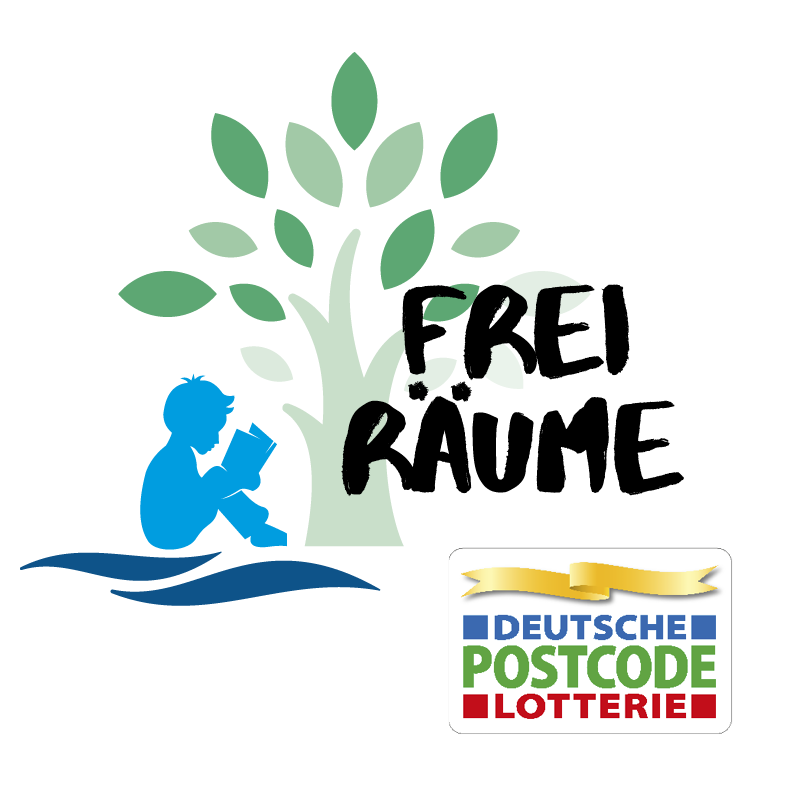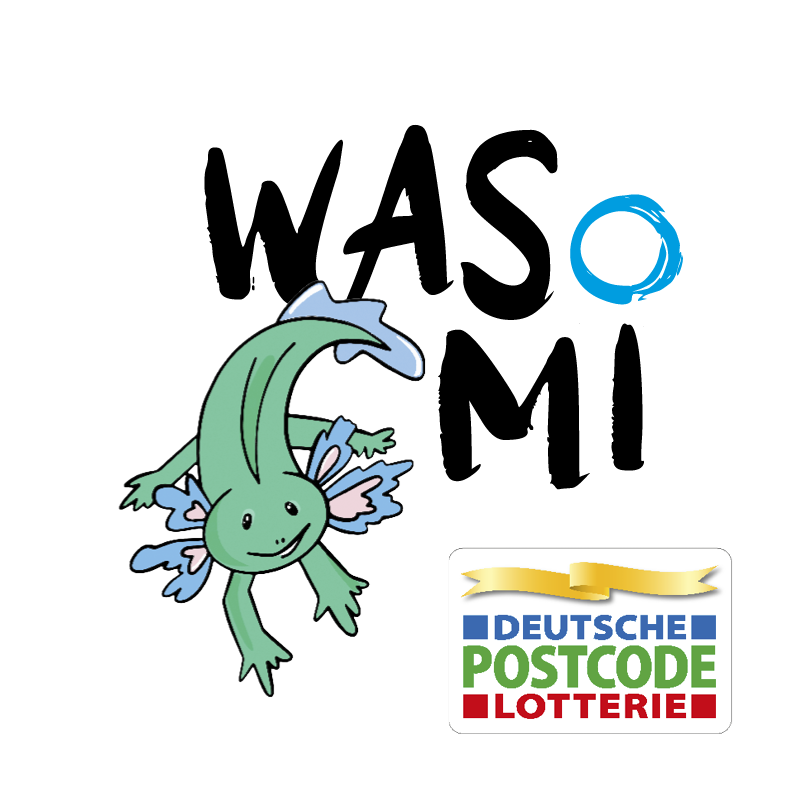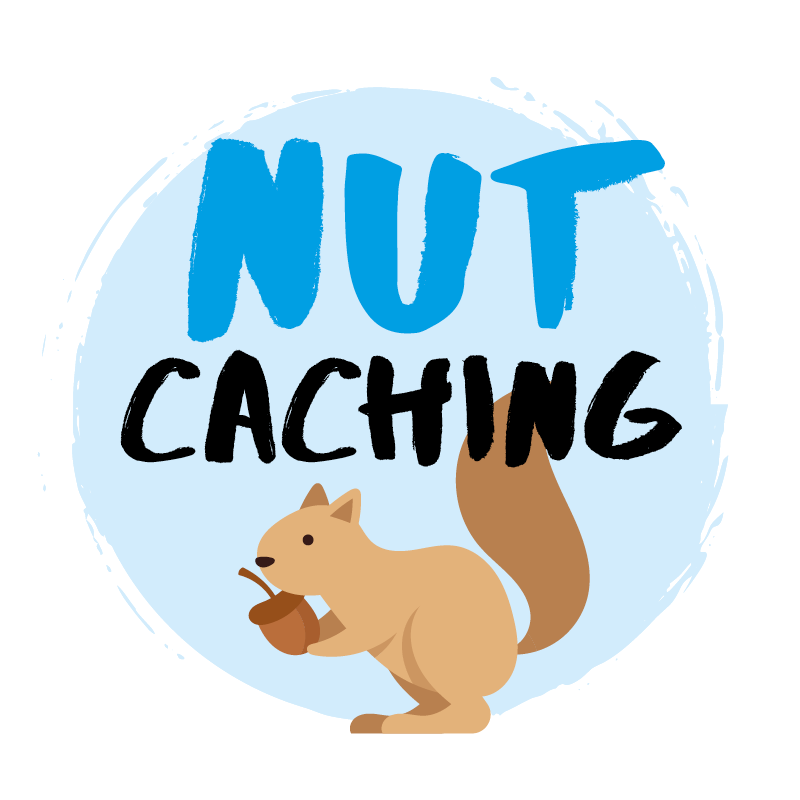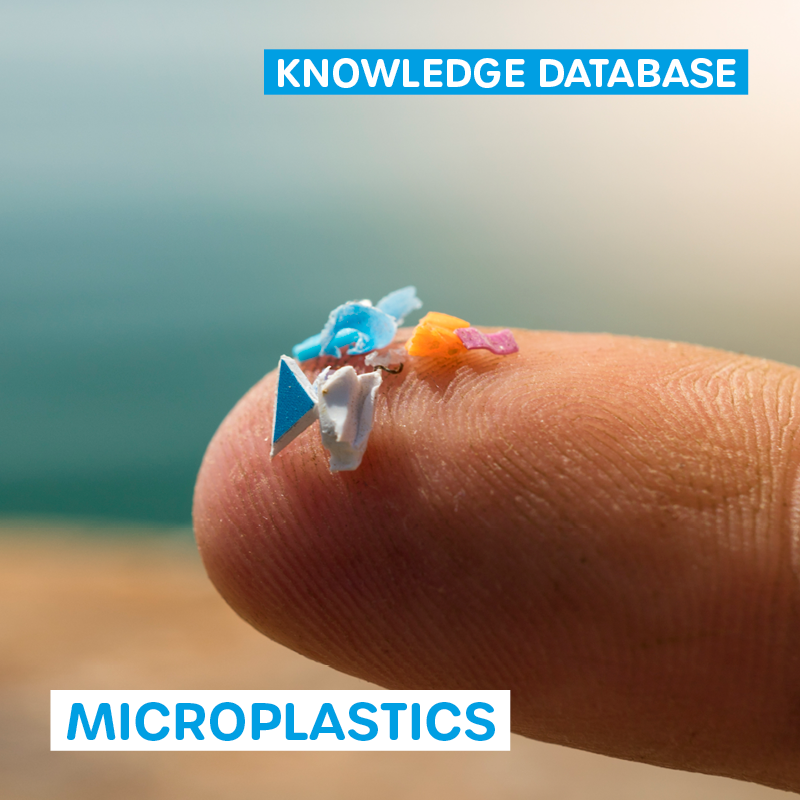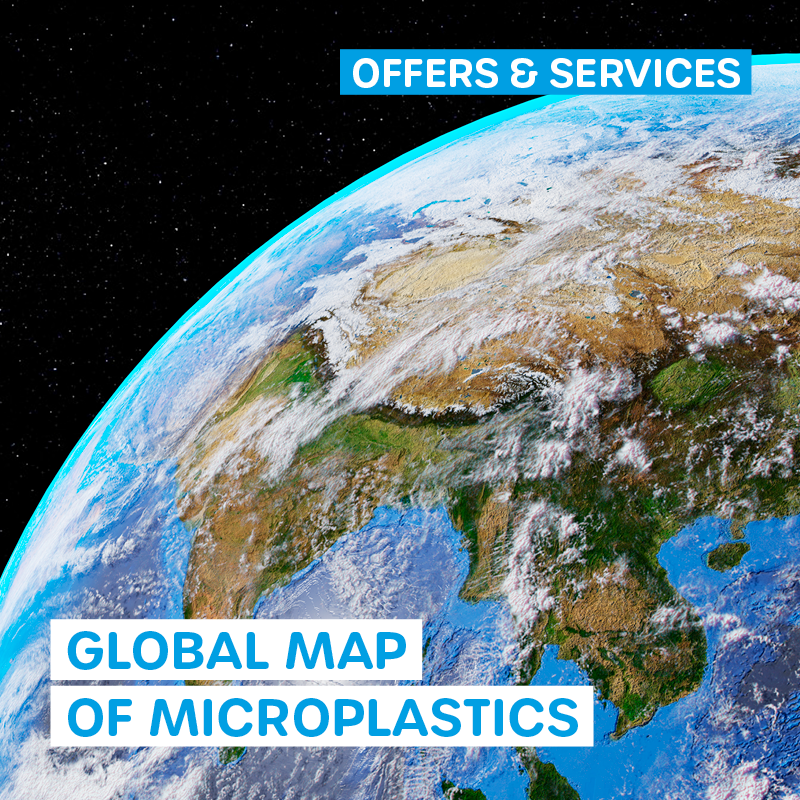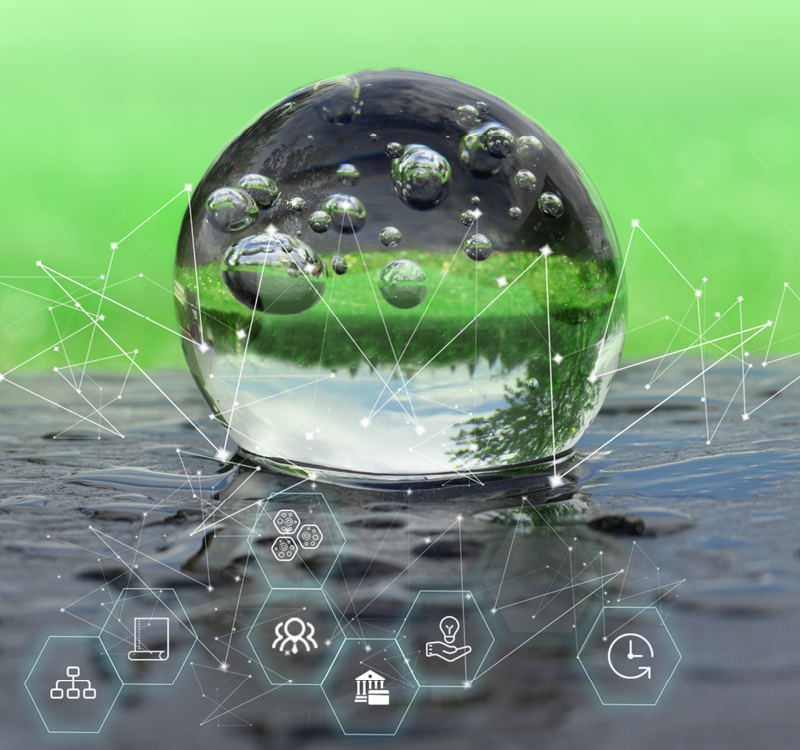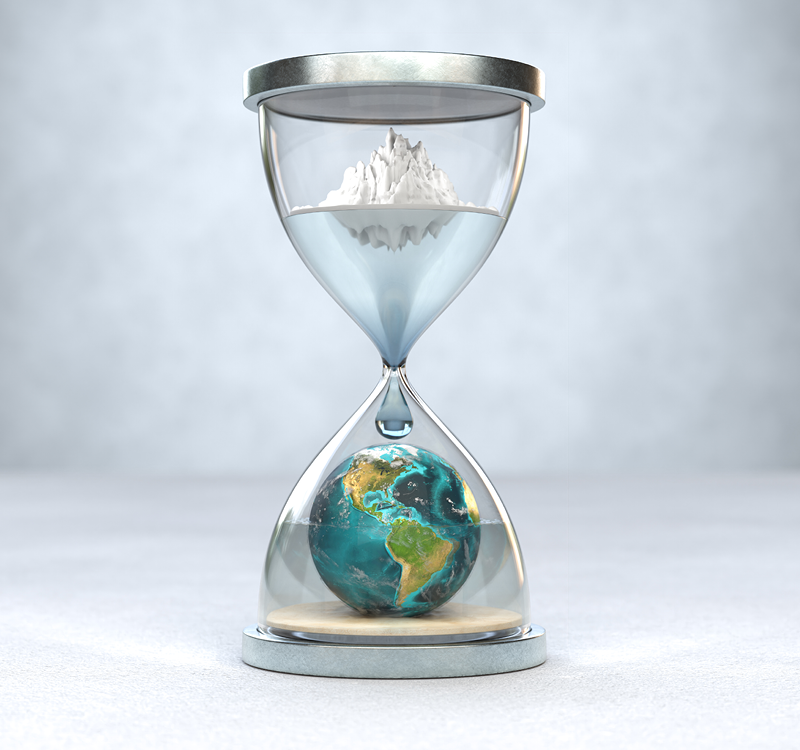
Overview of our educational projects on water without microplastics
With our educational work we want to close knowledge gaps so we can take more effective action against microplastic pollution of our water . The goal in all our activities is: WASser without MIcroplastics WASoMI (which appropriately means scholar in the African language Kiswahili).
The aim is both to communicate knowledge about microplastics and to prepare the content in such a way to understand the relevance to achieving the UN Sustainable Development Goals.
In doing so, we rely on developing digital possibilities, which are increasingly being used in schools. We are still a very young company (founded in 2020), so our educational work is currently possible thanks to the support and encouragement of our sponsors and donors.
We finance our educational projects through donations and sponsorship. And we are always on the lookout for active, impact-accelerating financial support. Does this sound exciting to you? Then become part of the solution.
